Ethiopia
A second round of negotiations between the Ethiopian government and the Oromo Liberation Army (OLA) aimed at ending a five-year insurgency in Oromia, Ethiopia's largest and most populous regional state, has ended without agreement, the two parties announced separately on Tuesday.
Classified as a "terrorist organization" by Addis Ababa, the OLA has been fighting the Ethiopian authorities since its split with the historic Oromo Liberation Front (OLF) in 2018, when the latter renounced armed struggle that year when current Prime Minister Abiy Ahmed came to power.
"Due to the intransigence of the other side, negotiations ended without agreement. The obstruction and unrealistic demands of the other side are the main reasons why the talks did not succeed", says Redwan Hussein, Abiy Ahmed's National Security Advisor, on X (ex-Twitter).
The round of peace talks "ended without agreement", confirmed OLA spokesman Odaa Tarbii on X, blaming the Ethiopian government.
The OLA had made "several proposals" for "a genuine change in the governance of Oromia", he claimed, but "true to form, the Ethiopian government was only interested in recovering the leadership of the OLA rather than starting to address the fundamental problems" of Ethiopia.
A first round of talks, between late April and early May, on the Tanzanian island of Zanzibar, had ended in continuing disagreement. The second round began at an unspecified date in Dar es Salaam. A diplomat told AFP in early November that both parties were "optimistic about a (future) agreement".
The OLA had stated on November 13 that its leader Jaal Maroo was in Tanzania to lead the talks, and had expressed its determination to achieve a "peaceful political settlement".
Many observers describe the OLA as a "franchise" of relatively autonomous groups - some with villainous motives - rather than a hierarchically structured movement under a central command.
Estimated at a few thousand men in 2018, its numbers have grown considerably in recent years, although observers consider it insufficiently organized and armed to represent a real threat to Ethiopia's federal power, even though the capital is hemmed in by Oromia.
The Oromo people's region stretches from center to south and east to west, covering around a third of Ethiopia's territory, and is home to around a third of the 120 million inhabitants of Africa's 2nd most populous country.
It is plagued by multi-faceted violence, making the situation extremely confused: internal political struggles, territorial disputes and animosities between communities, combined with the recent development of armed banditry.
In recent years, it has been the scene of ethnic massacres - the perpetrators of which are not clearly identified - particularly in the Wollegas, a remote area in the far west, where they mainly target the Amhara, the second most numerous people in Ethiopia but a very small minority in Oromia.



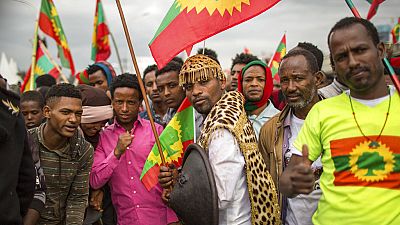

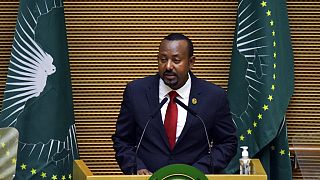
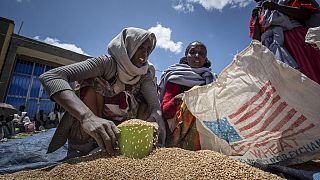

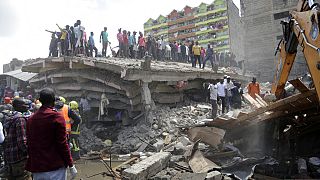

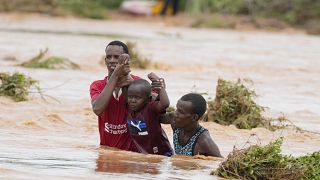

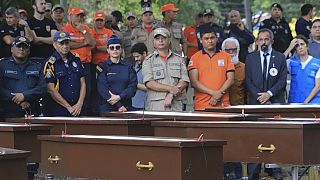
Go to video
British police charge two men after Channel migrant deaths
Go to video
Namibia: Tourists pose naked at Big Daddy Dune in Namib Desert, Govt expresses anger
01:02
Pics of the day: April 25, 2024
01:09
Tanzania: Death toll from flooding rises to 155 as heavy rains continue in Eastern Africa
Go to video
Kenyan government recommends regulating, not banning TikTok
Go to video
Over 100 inmates break free from a Nigerian prison after heavy rains